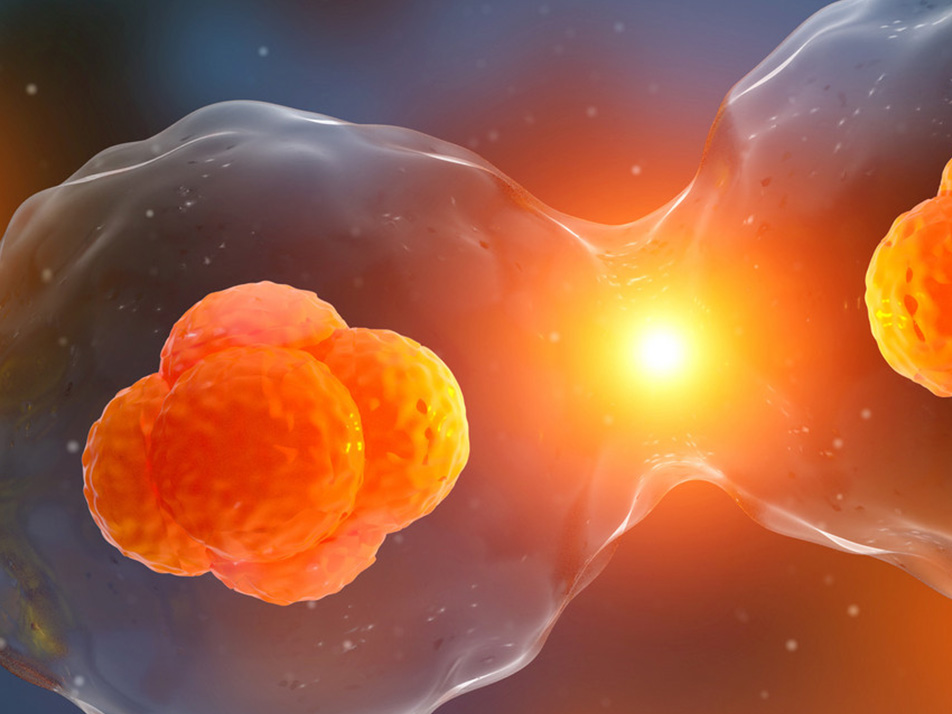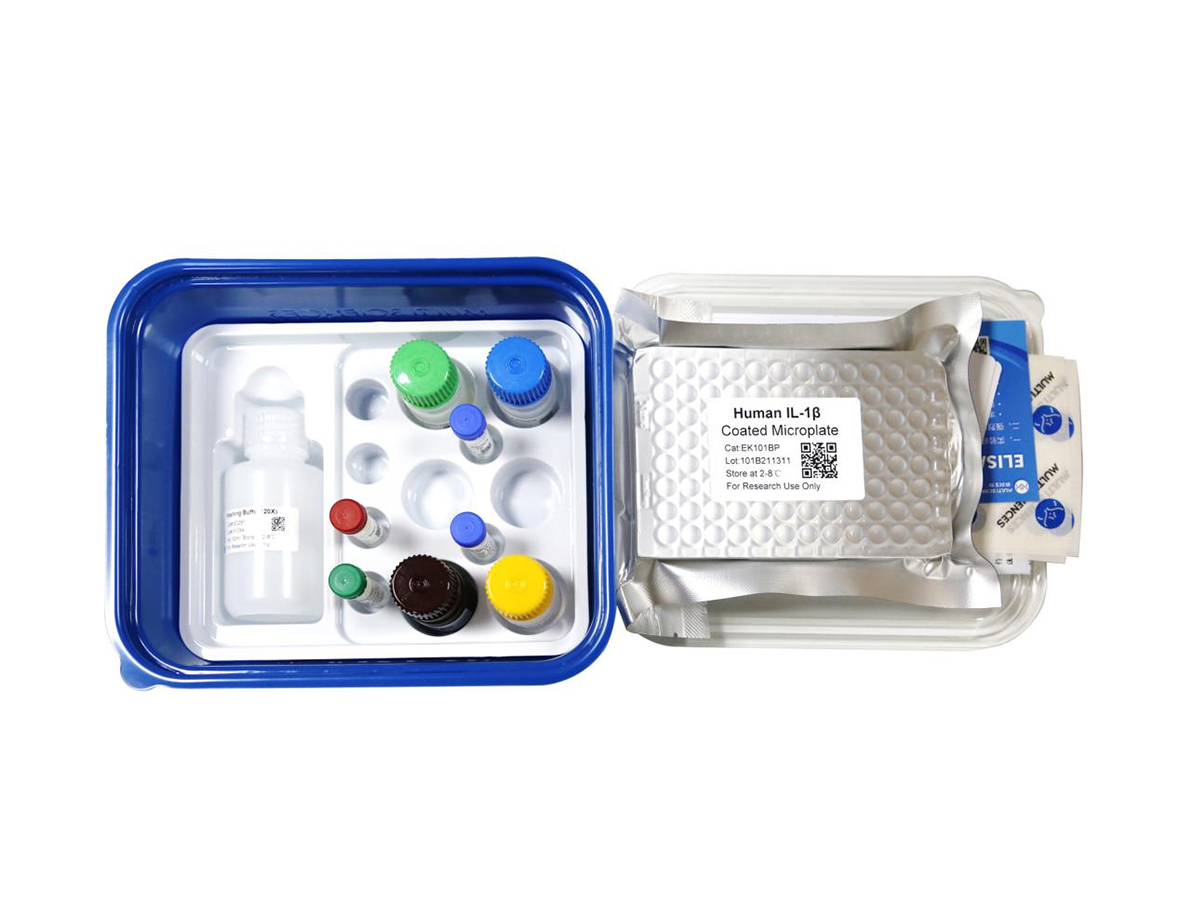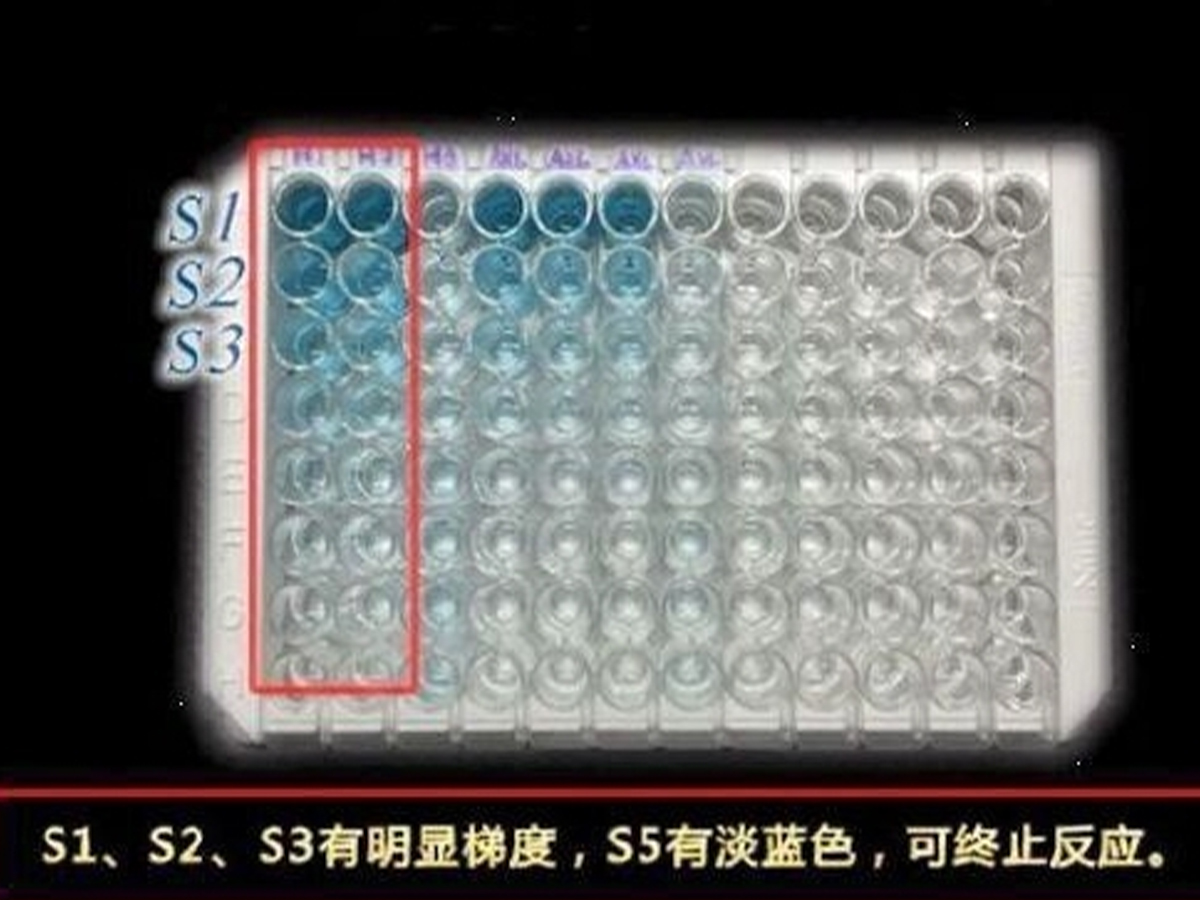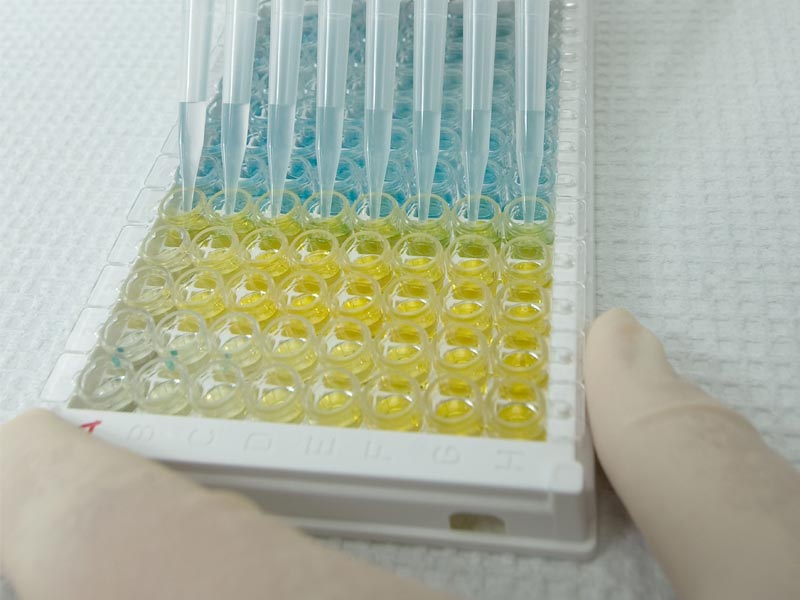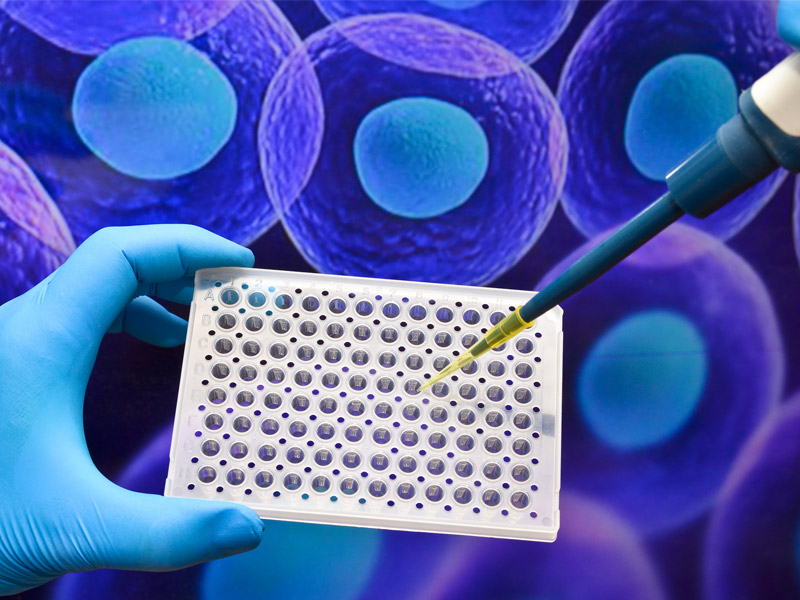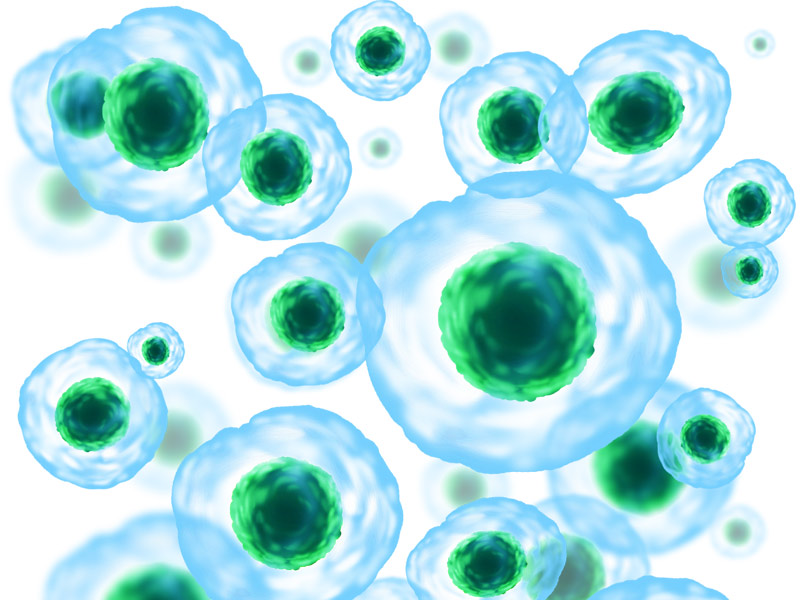Rat CCL5/RANTES ELISA Kit检测试剂盒(酶联免疫吸附法)
¥1,600.00 – ¥2,650.00
在售SKU:70-EK3129-48, 70-EK3129-96, EK3129
- 分子靶点:CCL5
- 种属:大鼠
- 样本类型:血清、血浆、细胞培养上清及其他生物学样本
- 检测样本体积:血清样本5μL
- 灵敏度:0.36pg/mL
- 检测范围:1.56-100pg/mL
- 回收率:88%-122%
ELISA试剂盒详细信息
| 商品名 | 大鼠趋化因子配体5 酶联免疫检测试剂盒 |
|---|---|
| 种属 | 大鼠 |
| 靶点 | CCL5 |
| 检测方法 | 双抗体夹心法 |
| 检测样本类型 | 血清、血浆、细胞培养上清及其他生物学样本 |
| 检测样本体积 | 血清样本5μL |
| 灵敏度 | 0.36pg/mL |
| 线性范围 | 1.56-100pg/mL |
| 精密度 | 板内变异系数:2.4%-3.9%;板间变异系数:4.5%-5.2% |
| 回收率 | 88%-122% |
| 平均回收率 | 103% |
| 板式 | 96孔板,可拆 |
| 保存条件 | 2-8℃保存。已拆开:标准品-20℃保存,其它4℃。 |
| 运输条件 | 2-8℃冰袋运输 |
| 检测原理 | 本试剂盒采用双抗体夹心酶联免疫吸附检测技术。特异性捕获抗体预包被在高亲和力的酶标板上。酶标板孔中加入标准品、待测样本和生物素化的检测抗体,经过孵育,样本中存在的待测物质与捕获抗体和检测抗体结合。洗涤去除未结合的物质后,加入辣根过氧化物酶标记的链霉亲和素(Streptavidin-HRP)。洗涤后,加入显色底物 (TMB) ,避光显色。颜色反应的深浅与样本中待测物质的浓度成正比。加入终止液终止反应,在450nm波长(参考波长570 - 630nm)测定吸光度值。 |
分子信息
CCL5 分子靶点信息概述
- 分子名:CCL5, C-C motif chemokine ligand 5
- 基因家族:Chemokine ligands
- 别名:RANTES; SISd; TCP228; MGC17164
- 曾用名:D17S136E; SCYA5
- 全称:T-cell specific protein p288; T-cell specific RANTES protein; SIS-delta; regulated upon activation, normally T-expressed, and presumably secreted; beta-chemokine RANTES; small inducible cytokine subfamily A (Cys-Cys), member 5; small inducible cytokine A5 (RANTES); chemokine (C-C motif) ligand 5
CCL5 分子靶点综述
趋化因子配体5(CCL5),又名RANTES,是一种趋化细胞因子。它可趋化T细胞、嗜酸性粒细胞和嗜碱性粒细胞,在招募白细胞到炎症位点发挥着积极的作用。在T细胞释放的细胞因子如IL-2和IFN-γ的帮助下,CCL5可诱导某些自然杀伤细胞(NK)增殖和活化形成CC趋化因子活化的杀伤(CHAK)细胞。CCL5也是一种由CD8+T细胞释放的HIV抑制因子。最近,研究者正在开发完善乳酸菌体内产生CCL5的方案,以期其成为抑制HIV进入的局部杀菌剂。
大鼠 Rat Ccl5 分子靶点信息
- 分子名:Ccl5, C-C motif chemokine ligand 5
- 别称:
- C-C motif chemokine 5
- chemokine (C-C motif) ligand 5
- RANTES
- regulated upon activation normal T-cell expressed and secreted
- Scya5
- SIS-delta
- small inducible cytokine A5
- small inducible cytokine A5 (RANTES)
- small-inducible cytokine A5
- T-cell-specific protein RANTES
- 基因序列:NCBI_Gene: 81780
- 蛋白序列:
大鼠 Rat Ccl5 靶点分子功能(预测)
Enables chemokine activity and heparin binding activity. Involved in several processes, including cellular response to organonitrogen compound; lymphocyte migration; and positive regulation of leukocyte chemotaxis. Located in extracellular space. Used to study Chagas disease; bronchiolitis obliterans; kidney disease; non-alcoholic fatty liver disease; and orchitis. Biomarker of several diseases, including alcoholic hepatitis; artery disease (multiple); cardiac arrest; lung disease (multiple); and uveitis (multiple). Human ortholog(s) of this gene implicated in several diseases, including hepatitis B; hepatitis C; liver disease (multiple); pulmonary tuberculosis; and severe acute respiratory syndrome. Orthologous to human CCL5 (C-C motif chemokine ligand 5).
引用文献统计
该产品被引用的文献总数为:3
- A highly selective inhibitor of discoidin domain receptor-1 (DDR1-IN-1) protects corneal epithelial cells from YAP/ACSL4-mediated ferroptosis in dry eye
影响因子:6.8刊物:BRITISH JOURNAL OF PHARMACOLOGY发表日期:2024-07-08 - A highly selective inhibitor of discoidin domain receptor-1 (DDR1-IN-1) protects corneal epithelial cells from YAP/ACSL4-mediated ferroptosis in dry eye
影响因子:6.8刊物:BRITISH JOURNAL OF PHARMACOLOGY发表日期:2023-09-02 - A highly selective inhibitor of discoidin domain receptor-1 (DDR1-IN-1) protects corneal epithelial cells from YAP/ACSL4-mediated ferroptosis in dry eye
影响因子:6.8刊物:BRITISH JOURNAL OF PHARMACOLOGY发表日期:http://2023-09-02




